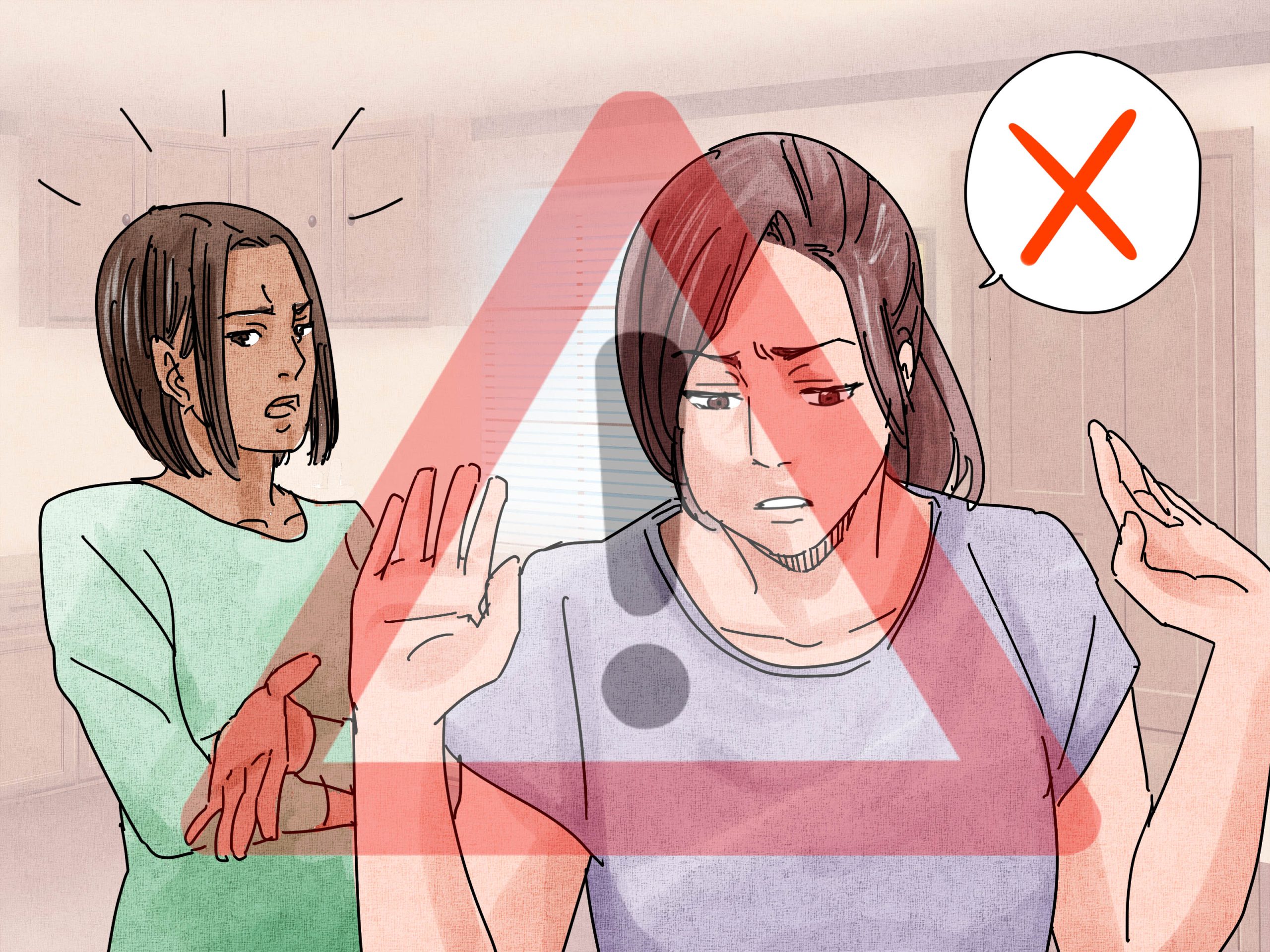
What is histrionic personality disorder?
Histrionic personality disorder is a type of psychiatric disorder that features attention-seeking behaviours, seductive behaviour and emotional over-reaction.
What are the symptoms of histrionic personality disorder?
People with histrionic personality disorder can seem highly dramatic, theatrical and approval seeking.
They seem like the life and soul of the party, but they can be embarrassing, with excessive public displays of love, crying or temper tantrums.
The main characteristics of a histrionic personality are:
- constantly seeking attention
- being uncomfortable in situations where they are not the centre of attention
- displaying inappropriate seductive or sexually provocative behaviour
- being flirtatious, seductive or charming
- being manipulative
- showing emotions that appear to be shallow and change rapidly
- using physical appearance to gain attention
- speaking vaguely, lacking in detail
- displaying dramatic and theatrical behaviour with exaggerated emotion
- being easily influenced by others or circumstances
- considering relationships to be more intimate than they actually are
If a person has histrionic personality disorder, these symptoms will have begun to be noticed by early adulthood.
Many people have some of these traits but are still able to function normally and do not have a personality disorder. A personality disorder is a long-term pattern of behaviour, thinking and emotions that causes distress to the person or those around them, and makes it difficult for the person to function in everyday life.
People with personality disorders find it hard to change their behaviour or adapt to different situations. They may have trouble forming positive relationships with others or sustaining a job.
What causes histrionic personality disorder?
The cause is not completely known. Both genetics (inherited traits) and childhood events may contribute. Some people with histrionic personality disorder have come from families where personality disorders are common. Some experienced abuse, trauma or neglect during their childhood. Some come from normal and happy families.
When should I see my doctor?
If you suspect that you have a personality disorder, you should seek help from your doctor or a mental health professional as soon as possible.
If a person with a personality disorder does not get treatment, the destructive patterns in their thoughts, relationships and behaviour will continue to make relationships with others difficult for them and for those close to them, and result in significant unhappiness, and potentially hospitalisations, self-harm or suicide.
How is histrionic personality disorder diagnosed?
A diagnosis of histrionic personality disorder can only be made in an adult, not a child, and should be made only by a psychiatrist or clinical psychologist who gets to know the person over a period of time.
How is histrionic personality disorder treated?
The main form of treatment for histrionic personality disorder is long-term psychological therapy. There is usually no place for medicines in its treatment.
Some people with histrionic personality disorder have problems with drug and alcohol use, with anxiety or with depression. These will need to be treated as well.
What can also be associated with histrionic personality disorder?
People with histrionic personality disorder may also suffer from other psychiatric conditions, such as anxiety, depression and eating disorders. They also may have other personality disorders, such as borderline personality disorder, narcissistic personality disorder and dependent personality disorder. Up to half of people with histrionic personality disorder will have problems with alcohol or drug abuse.
People with histrionic personality disorder are at risk of self-harm and suicide, especially, because of their sometimes impulsive behaviour.


